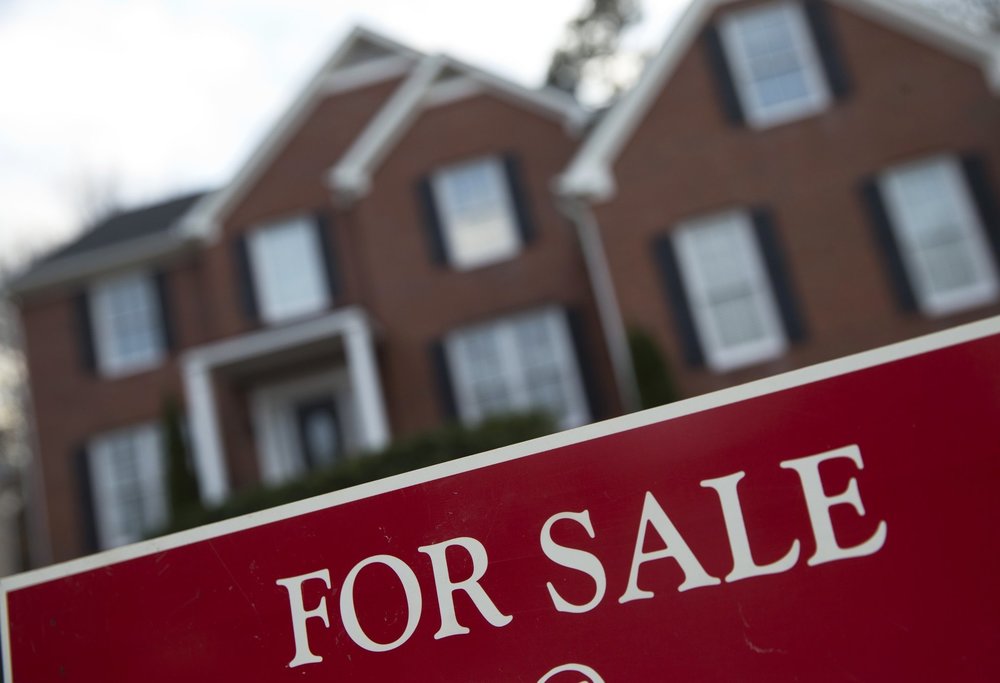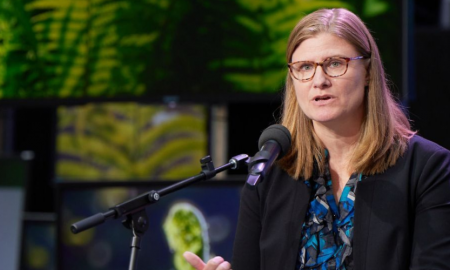
Factors Causing The Low Rate of Homeownership Among Millennials

Urban Institute Research
Various reasons such as economic disadvantages and personal choices account for the low homeownership rate of millennials, the generation considered to be the largest in the history of the US. When compared with other generations such as the baby boomers and the Generation Xers, millennials are apparently in the lower percentile of homeowners in the US.

When compared with other generations such as the baby boomers and the Generation Xers, millennials are apparently in the lower percentile of homeowners in the US
A policy research group, Urban Institute, in a newly released report attempted an explanation of the reasons for this low homeownership rate. According to Laurie Goodman who works with the Urban Institute, in the baby boomer generation to which she belonged, people bought a home as fast as they could, rather than taking a vacation for several years to make savings for the first home’s down payment. She added that Millennials were the direct opposite as they were in no hurry to become homeowners.
Delayed Marriages And Generational Diversity
The researchers at the Urban Institute also found that delayed marriage had a huge impact on millennials low homeownership rate. According to the researchers, marriage led to an increase in the likelihood of becoming a homeowner by 18 percentage points.
Millennials, according to the report, are getting married at a later age and lesser than the other generations. The researchers indicated that the average age at which men and women got married for the first time in 1960 was in the early 20s. However, the average age at which millennials get married for the first time is now drawing closer to 30. In addition, millennials are shown to be thrice as likely to have never wedded as those in the silent generation (people in their 70s and 80s) during their youthful days.
Goodman noted that homeownership depicted that one had settled for a particular place as a stable location to reside for the rest of one’s life. However, she added that several single people still believe that they have not gotten to the rest of their lives and would need to find a partner and settle down together.
The researchers also noted that millennials are not in haste to start having children. The research showed that married couples within the age range of 18 to 34 that had children fell to 25% in 2015 from 37% in 1990. The researchers surmised that having a child increased a person’s likelihood of becoming a homeowner by six percentage points. In addition, the millennials are way more diverse than other generations.
The rate of homeownership among Hispanic according to the report is lower among Hispanic, Asian Americans and Black as compared to the white Americans. Thus, Urban Institute revealed that while nearly 39% of white millennials within the age range of 18 to 34 own their own homes, only 14.5% of black Americans within that range are homeowners. Goodman explicitly stated that the rate of homeownership among the blacks was declining faster than was happening for the other groups.

Urban Institute revealed that while nearly 39% of white millennials within the age range of 18 to 34 own their own homes, only 14.5% of black Americans within that range are homeowners
Other Factors
The Urban Institute researchers also found that the high rate of student debt incurred by millennials also leads to a reduction in their chances of becoming homeowners. The researchers found that if a person’s student debt increased from $50,000 to $100,000, the chances of such a person becoming a homeowner would reduce by 15 percentage points.
Also, the research showed that the rate of homeownership for millennials without a college degree reduced more than those with degrees. The researchers gave the instability of their income coupled
The researchers gave the instability of their income coupled with increasing house rents as the reason for the decline.
The researchers also found that millennials are renting homes in locations with higher housing costs which has made saving for a down payment on their own homes more difficult for them. The research revealed that almost half of families headed by millennials have rents to pay and this implied that over 30% of their income went to their landlord. The research also showed that the chances of a person becoming a homeowner increases by over ten percentage points if the person has parents who are homeowners. According to Goodman, this was because such people understood the value of homeownership.
Goodman, however, expressed that the rate of homeownership among millennials would increase as they got older. However, she added that the fact that they were becoming homeowners later than the other generations meant that they were building wealth at a slower pace.
More in Advisor
-
`
Celebrity Couples Who Have Ended Their Relationships in 2025
2025 has already seen its fair share of celebrity breakups, and the year is just getting started. From heartfelt announcements to...
February 6, 2025 -
`
How Trump’s Policies Will Reshape Artificial Intelligence in the U.S.
The United States witnessed a significant political shift as Donald Trump took the presidential oath once again. His return to the...
January 31, 2025 -
`
Millie Bobby Brown Shuts Down Age-Shamers with a Powerful Message
From the moment Millie Bobby Brown first appeared as Eleven in “Stranger Things,” she captured hearts worldwide. But growing up in...
January 25, 2025 -
`
Why Outsourcing Payroll Services Is a Smart Business Move
Managing payroll is no small task—it’s a crucial part of any business that ensures employees are paid accurately and on time....
January 15, 2025 -
`
These AI Stocks Should Be on the Watch List of Investors in 2025
The buzz around AI stocks is growing louder than ever. With artificial intelligence shaping industries like healthcare, finance, and tech, smart...
January 8, 2025 -
`
Why the Starbucks Workers Strike Is Expanding Across U.S. Cities
The Starbucks workers’ strike has gained significant momentum, with employees in more U.S. cities joining the movement to address unresolved issues...
January 2, 2025 -
`
Are Shawn Mendes and Camila Cabello Still Close After Breakup?
The connection between Shawn Mendes and Camila Cabello continues to intrigue fans worldwide. Their shared history, from chart-topping collaborations to a...
December 24, 2024 -
`
Here’s What It Takes to Become a Professional Physical Therapist
Physical therapy is a career that blends science, empathy, and problem-solving to help people recover from injuries or improve mobility. Knowing...
December 19, 2024 -
`
GM Battery Cell Plant Deal Marks $1 Billion Ownership Shift
General Motors (GM) plans to sell its stake in a $2.6 billion electric vehicle battery cell plant in Lansing, Michigan. This...
December 11, 2024















You must be logged in to post a comment Login